Augmented reality can be more than simply a way to enhance navigation, or superimpose virtual sunglasses onto your face. It can also be a platform for shining a light on important social issues.
A new film called These Sleepless Nights, which debuted at the 76th Venice International Film Festival, is an augmented reality documentary viewable through the Magic Leap One headset. The documentary highlights America's eviction issues and the growing homeless population.
- Don't Miss: 5 Magic Leap Apps You're Probably Missing, Including Star Wars, the Magicverse Matrix, AR Jenga, & More
The four-part mini-documentary was inspired by Matthew Desmond's book Evicted. But, you might ask, why not just make a standard 2D film about homelessness? Well, Gabo Arora, the film's director, believes that the immersive nature of AR and VR allow the audience to better connect to the content they're viewing. "I was curious if emerging technologies could get us to do more and care more about social issues," said Arora, in an interview with A/D/O.
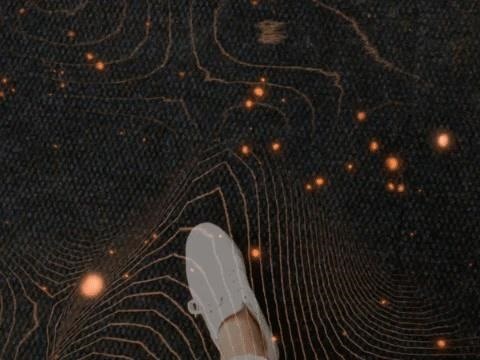
The Next Amendment, the anti-homelessness advocacy group behind the production, isn't simply looking to spread awareness, the group is also hoping to create a new amendment to the US Constitution to ensure citizens the right to shelter.
The doc will eventually become available in VR and on mobile devices, but for now, the Magic Leap-powered exhibit is housed a giant cube. A viewer simply puts on the Magic Leap headset and walks around the cube, with each face of the cube telling a different part of the homelessness story in AR. By placing your hands on the cube and sliding them across its surface, characters emerge and objects begin to materialize from the walls as an audio-based story is told.

This approach to storytelling allows the audience to get virtually (and perhaps emotionally) closer to real people sharing their harrowing stories of eviction. There are stories from a myriad of different walks of life, including one about a family who lost their home, which led to them eventually losing their children when they were taken by the state government and adopted by another family. In that case, the parents didn't see their children again for years.
What's most interesting is the fact that the documentary focuses more on spatial audio than visuals, cleverly using sound to engage your imagination as you listen to heartbreaking stories from real people. The film is scored by the incredibly talented composer Philip Glass and, if you're familiar with his work, you already know viewing this film will be an impactful experience.
Although a lot of the chatter around AR is dedicated to enterprise apps and gaming, creating films in this way can go a long way toward allowing audiences to empathetically connect with real crisis situations around the planet. As a result, these kinds of immersive films offer the promise of transforming what might have been mere cinematic experiences into fully interactive memories that may live with audiences a lot longer than traditional works.
The immersive film will come to Los Angeles, San Francisco, and Washington DC in 2020.
Just updated your iPhone? You'll find new emoji, enhanced security, podcast transcripts, Apple Cash virtual numbers, and other useful features. There are even new additions hidden within Safari. Find out what's new and changed on your iPhone with the iOS 17.4 update.
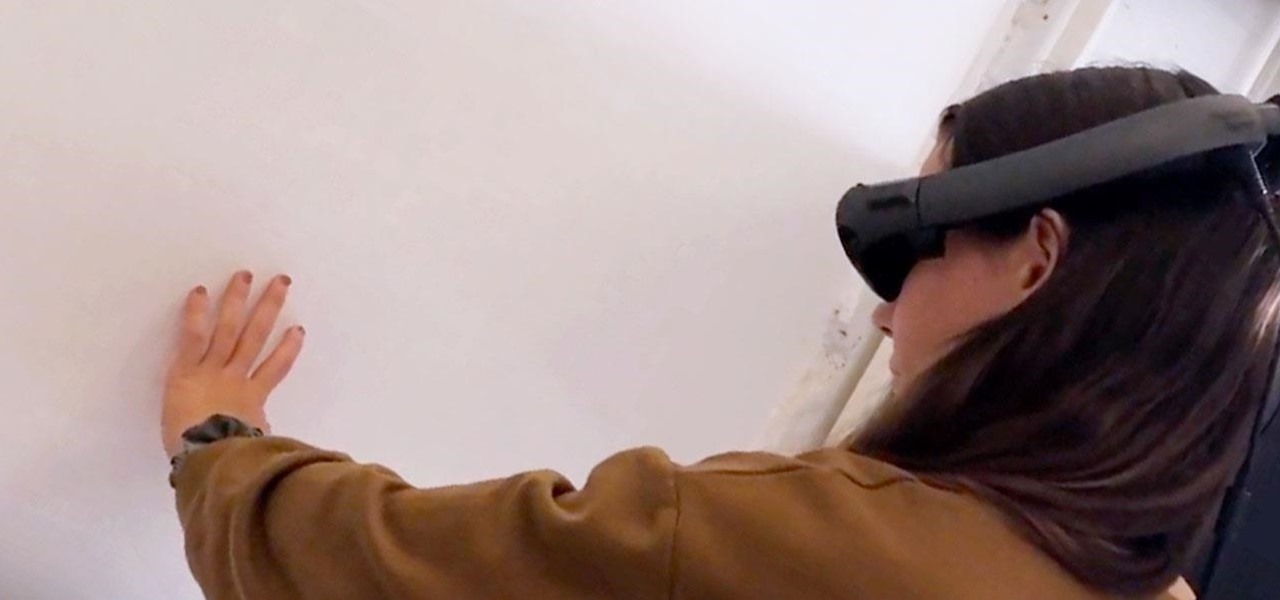



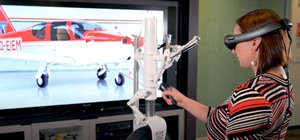
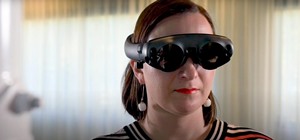

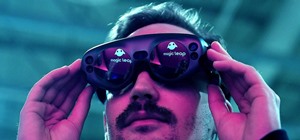


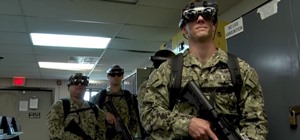
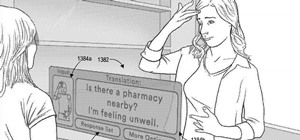



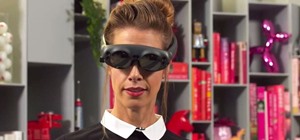

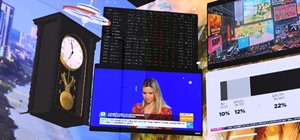
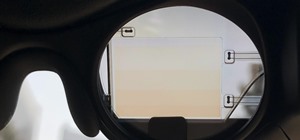
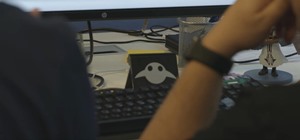
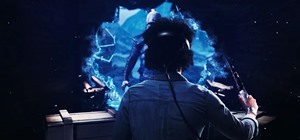
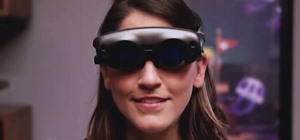

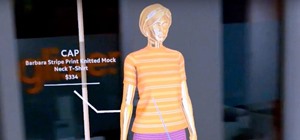
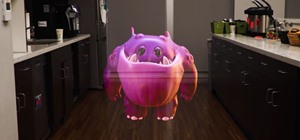
Be the First to Comment
Share Your Thoughts